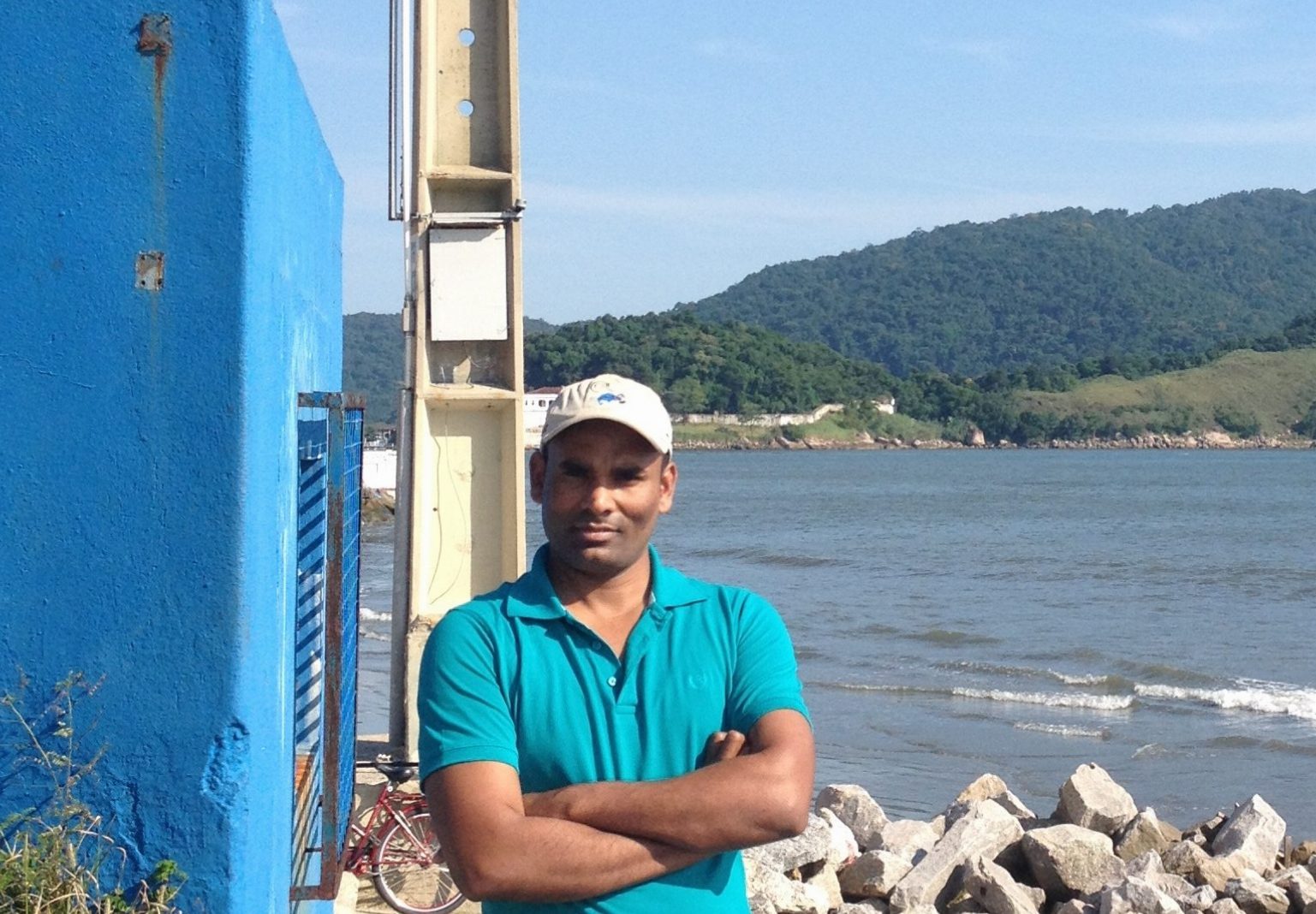
Country: Bangladesh
Dr. Mahmudul Islam is an assistant professor in the Department of Coastal and Marine Fisheries at Sylhet Agricultural University, Bangladesh. He obtained a masters degree in International Fisheries Management from the University of Tromsø in Norway. He received his PhD from the University of Bremen, Germany. In his PhD research, he focused on poverty and vulnerability of small-scale fishers within the Bangladesh context. He has expertise on management issues related to hilsa fishery. He is actively involved in TBTI network contributing case studies to Diverse SSF Values, Inland Fisheries, SSF Guidelines, and Global Change Response clusters.
What are you currently working on within the context of SSF?
MI: Hilsa shad (Tenualosa ilisha) is the single largest fishery in Bangladesh, total value estimated at USD 1.3 billion per year. To protect hilsa fishery from over-exploitation, the Bangladesh Government declared five sanctuaries in Meghna and Padma rivers and inshore waters. I am looking into the impacts of sanctuaries establishment on the socio-economic condition of small-scale fishers who are dependent on hilsa fisheries. At present I am also involved in development of co-management mechanism in hilsa sanctuaries in Bangladesh.
If you could single out one or two most significant factors in securing the sustainability of SSF, what would these be?
MI: The role of middleman (e.g. fish trader, money lender) is important for securing sustainability of SSF, and their role should be accounted for any management plan. In developing world, majority of small-scale fishers depend on middlemen for financial capital, protective security and many more supports and they control most fishing activity as well as actions/behavior of fishers regarding fisheries exploitation.















